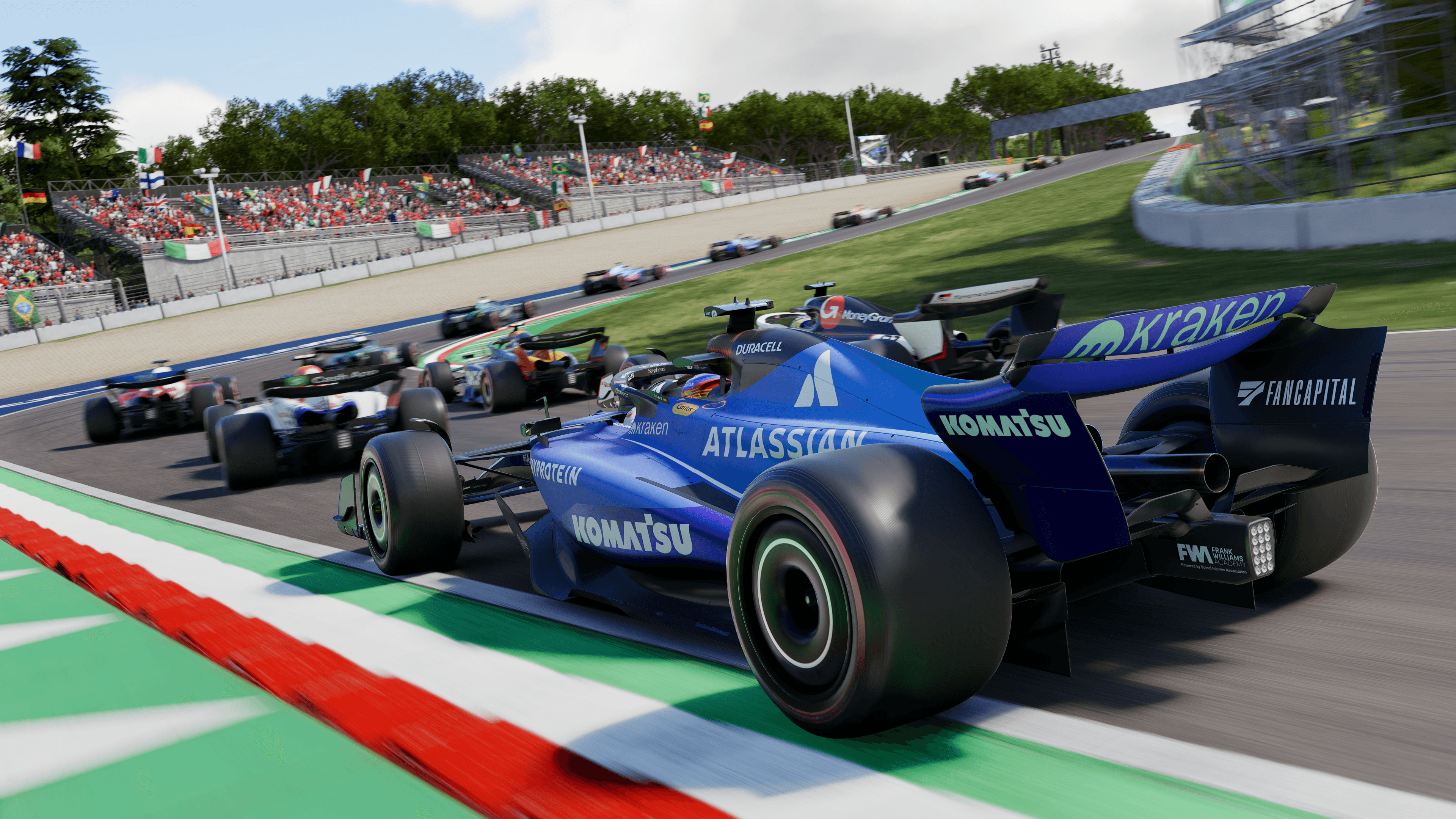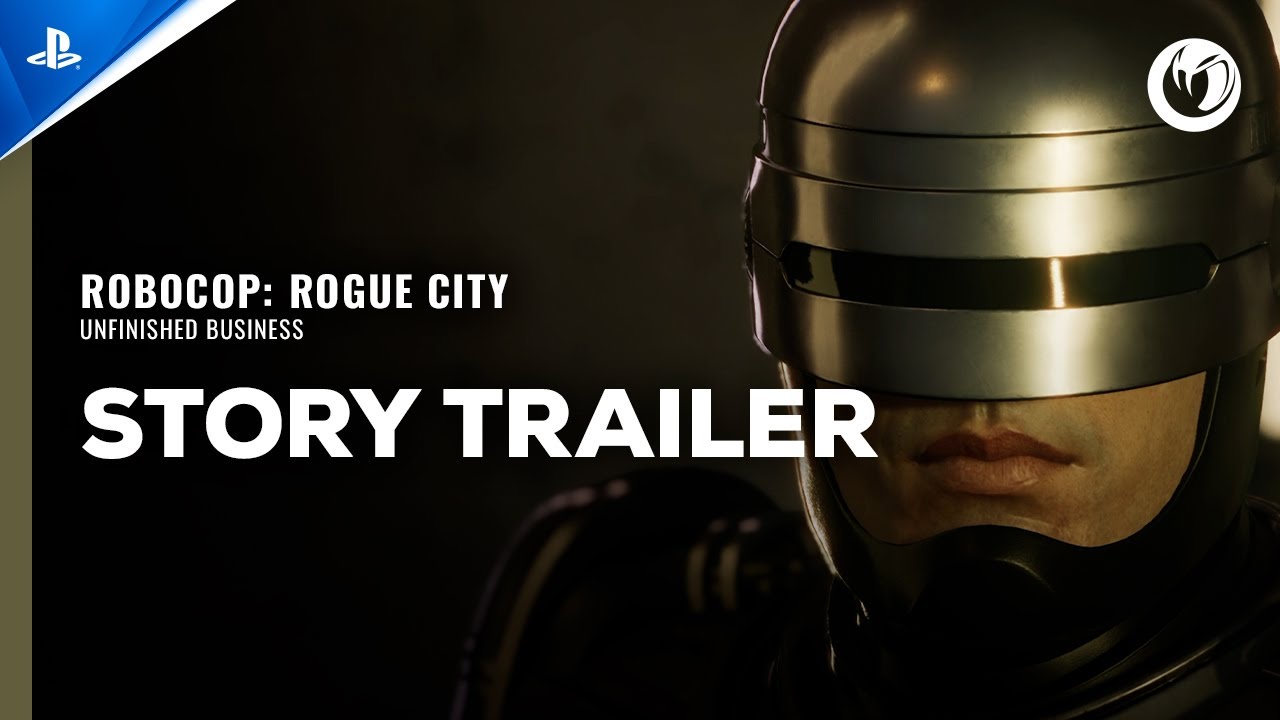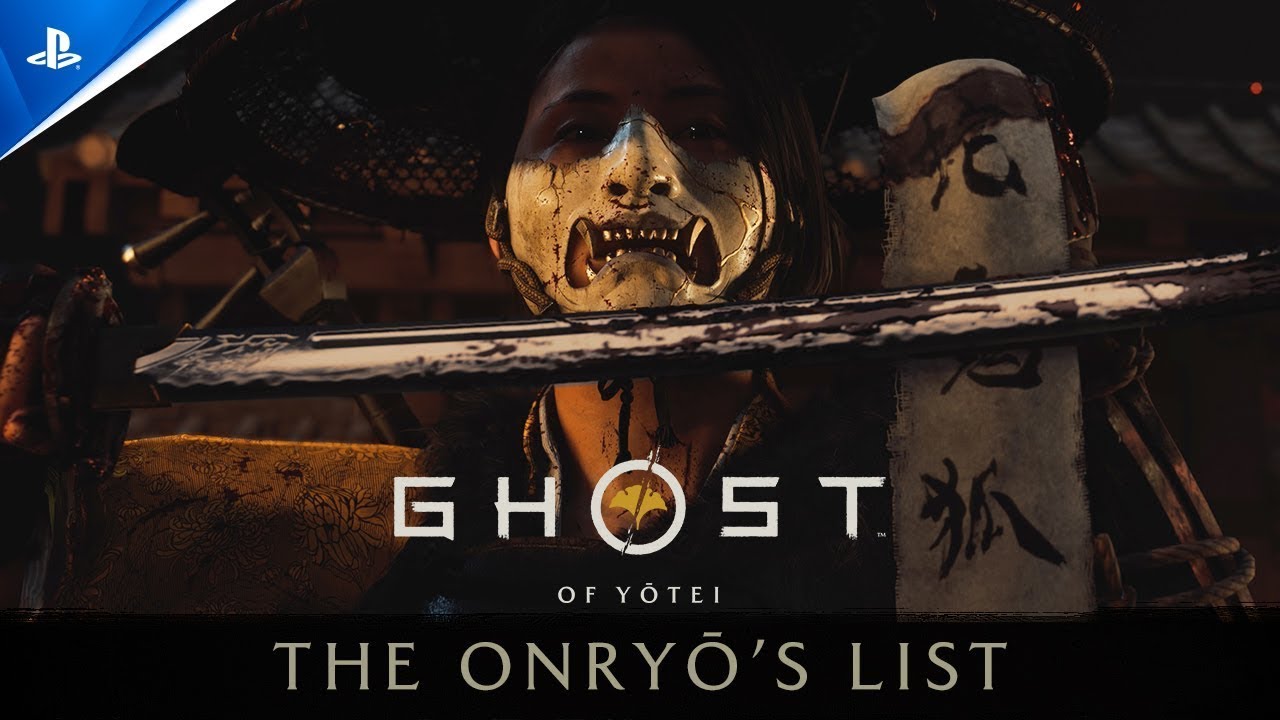Ask me about any of my favorite games and I’ll usually have a single, extremely vivid memory to share.
Examples: Crossing the finish line a scant second before the No.13 ‘Devil’ car in Ridge Racer (my PSone controller slick with sweat from multiple failed attempts). Stumbling upon the Inverted Castle for the first time in Castlevania: Symphony of the Night (eliciting a huge grin as I realized the true scope of the game). Being beheaded in my first encounter with a Hunter in the original Resident Evil (giving me a franchise-long fear of those cold-blooded killers).
But Journey? I get not a snapshot, but a montage. A deluge of moments (appropriately enough) from across the entirety of the game. All of which, even nearly a decade on, reignite my imagination as they flash before my mind’s eye.
Drinking in that endless desert at the game’s opening, swearing I could almost feel the sun’s heat. Surfing down the side of a mountain, sand turned rose gold by the sunset, my pulse quickening as I descended from red skylines into the cool darkness of a shadow-trapped valley floor. Involuntary goosebumps as I once again see my traveller’s scarf encased in ice, every forward movement a fight against an endless snowstorm. And soon after, a deafening silence as the wind drops and soundtrack fades, pierced only by the now-magnified sound of a few last, faltering steps through deep snow before collapse. And finally, the lightness of heart that comes with that climatic flight.
In a former life, Journey was one of a handful of titles I awarded a perfect review score to. It’s the only game that I started and couldn’t put down until the credits rolled.
Yes, the game’s brevity helped. But truthfully? It was more how utterly captivating the whole experience was beginning to end.
And now, thanks to the Play At Home initiative, I’m happy everyone will have the perfect excuse to revisit those sand-touched shores as much as I do. I must confess Journey has become to me what The Secret of Monkey Island is to my wife: a yearly tradition to savor, to reappreciate.
Fresh aesthetics and challenges being introduced with the discovery of each new area. That sweeping soundtrack. Playfully sliding down sand dunes. Stitching together the history of a lost civilization by puzzling over wall carvings. Hiding from monsters whose blinding, searchlight-like gazes would turn red on spotting you. Meeting another traveller on the road towards the mountain.
The studio’s pared back approach to co-op may have seemed the antithesis of an era of ever-increasing customization for online play. There are no private lobbies. No option for matchmaking. At any point during play, another player could appear nearby, your separate game instances pulled together into one. Voice chat is restricted to a single ‘call’ activated by a button press and performed by your on-screen character. That call is sounded in an alien language, visualized by a single symbol which floats briefly in the air. You weren’t even given a name; those were reserved for the game’s credits.
Yet that sparseness fitted Journey perfectly.
Every player could choose to ignore the other. There was plenty of opportunity to walk away and resume a solo trek. I’d be lying to say in all the times I met another wanderer, no one ever did. But many stayed by my side, or me theirs.
And I don’t think it was to utilize the single gameplay benefit of travelling together, wherein contact would recharge each other’s scarf, the accessory that when glowing allowed you to jump and float. Well, not totally. I’d like to believe it was for companionship.
That belief is born from another memory. It was the first time I’d tag-teamed that last fateful stretch to the mountain’s top with a fellow traveller.
We repeatedly called out to each other, voices getting weaker with every passing moment. The garbled noises meant nothing. Yet they spoke volumes. I’d like to think my companion, whoever they were, was doing the same as I: spurring the other person on. We weren’t covering each other’s six, weren’t trading items or battling bad guys together. We were just finding solace in each other’s company. Yet to this day it’s one of the most cooperative experiences I’ve ever had.
What a game. What a journey.
Want to know more? Sure you do. Raid the PS Blog archives to read more about the game. Listen to Austin Wintory’s incredible soundtrack on Spotify. And of course, go play the game for yourself.
Now, does anyone want to meditate with me this weekend so I can grab that Trophy?










